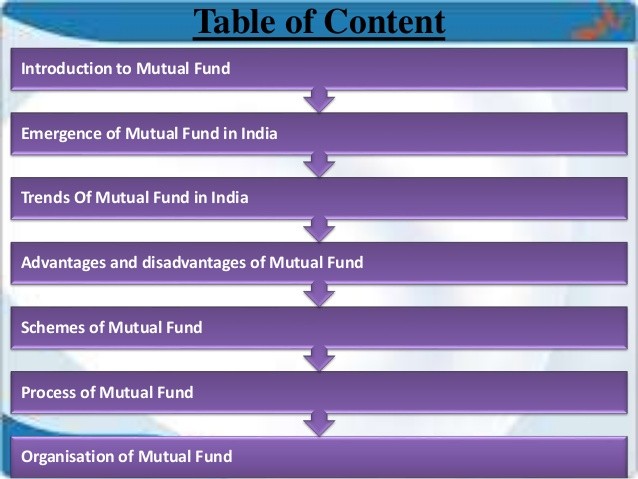Pitfalls of Mutual Funds What Are the Pitfalls of Mutual Funds
Post on: 21 Июнь, 2015 No Comment

How You Can Avoid the Pitfalls of Mutual Funds
You can opt-out at any time.
Please refer to our privacy policy for contact information.
Whether you have made a thoughtful decision to invest in mutual funds or you are all but forced to invest in mutual funds (401k, 403b, or other retirement plans), you are bound to read about, hear about, and/or experience the pitfalls of mutual funds.
So, let’s take a look at several pitfalls of mutual funds and what we can do to avoid them.
Pitfalls of Mutual Funds #1 — There Is a Tax Drag on Mutual Funds
Mutual fund shareholders face the possibility of receiving capital gains distributions from their mutual funds. These capital gains distributions are the result of a mutual fund selling securities owned by the fund (such as a large cap mutual fund selling shares of GE above the cost of purchase). This mutual fund tax liability is known as “tax drag.”
What do you do about this tax drag? For starters, if you own mutual funds in a tax-deferred retirement plan (401k, 403b,IRA, etc.), you will not be taxed on the distribution. If you have a taxable account, you may want to focus on low-turnover funds, which include index funds and tax-efficient mutual funds (even some actively managed funds have low turnover). Otherwise, you should consider visiting your fund company’s website beginning in October of each year to determine if and when there will be capital gains distributions.
If the distributions are anticipated to be large, you should weigh the advantages and disadvantages of owning the fund. Indeed, you may want to sell the fund in order to avoid the distribution. If you sell the fund to avoid the distribution, be aware that if you buy the fund back within 30 days (either in your taxable account or in your IRA), you will run afoul of IRS wash sales rules.
Pitfalls of Mutual Funds #2 — Past Performance of Mutual Funds Is Unreliable
The disclosure, “Past performance is not indicative of future performance,” is a common theme that appears throughout mutual fund prospectuses and advertisements. The disclosure resonates with many mutual fund investors that buy last year’s top performing funds hoping for a repeat year.
Srikant Dash, Index Strategist at Standard & Poor’s, says, “Very few funds repeat a top-quartile performance. Furthermore, Standard & Poor’s research shows that a healthy percentage, and in most cases a majority, of top-quartile funds in the future will most likely come from the ranks of prior period second and third quartiles.”
The unreliable nature of the past performance of mutual funds is indeed a pitfall of mutual funds. Unfortunately, the past performance matter is an issue that most investments (ETFs. closed-end funds. UITs ) share. So, what can you do about this pitfall of mutual funds?
Setting realistic expectations, educating one ’s self on the markets, and diversifying amongst various investments will help overcome this pitfall. If you are choosing mutual funds for your 401(k). IRA or taxable account, there are many online resources to help you avoid this pitfall of mutual funds and not fall into the performance chasing trap.
Pitfalls of Mutual Funds #3 – Mutual Funds Are Expensive
There is no doubt that mutual funds are loaded with fees. Some mutual funds have sales charges. management fees, 12b-1 fees, and more. These expenses can be a pitfall of mutual funds.
The key is to research the expense of each mutual fund prior to buying. Are you buying a mutual fund with a front-end, or even back-end, sales load? Are you buying a fund with a 12b-1 fee? Are you buying a fund with a high expense ratio? Finally, ask yourself if you are getting what you pay for or if you can buy a similar fund with fewer charges and a lower expense ratio.
The fees are disclosed in the mutual fund prospectus and can be found on the mutual funds’ websites. There are many mutual funds that do not have sales charges, that do not have 12b-1 fees, and that have reasonable expense ratios. The competition within the mutual fund industry makes this pitfall of mutual funds the easiest to avoid.














